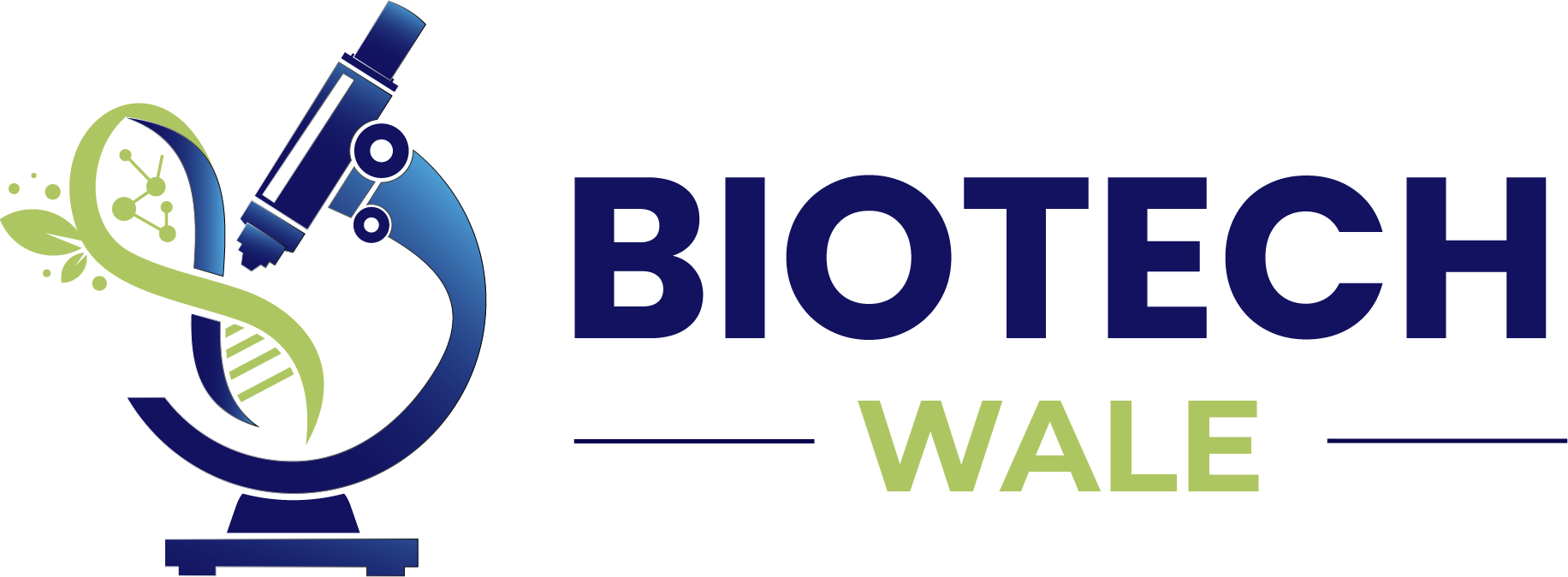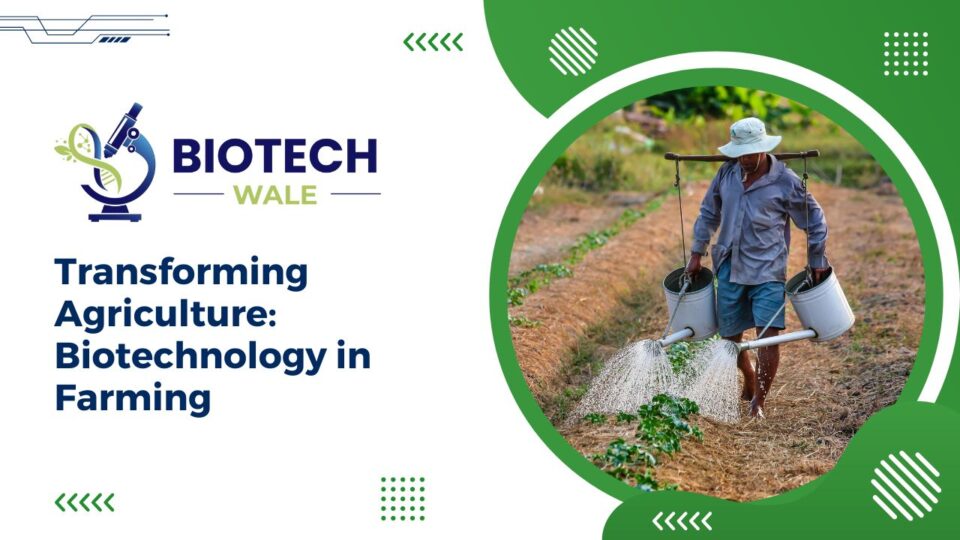Introduction to Biotechnology in Agriculture
Welcome to the exciting world of agriculture transformed by biotechnology! Gone are the days of traditional farming methods as we dive into a realm where science and innovation converge to revolutionize how we grow our food. Join us on this journey as we explore the past, present, and future of biotechnology in farming. Let’s uncover the incredible advancements reshaping our agricultural landscape for a more sustainable and efficient future.
The Evolution of Agriculture
Agriculture has come a long way from its humble beginnings. Once reliant on manual labor and basic tools, farming has evolved significantly over the centuries. From the invention of the plow to the mechanization of farming equipment, each era has brought new advancements to improve efficiency and productivity in agriculture.
The industrial revolution marked a turning point in agriculture with the introduction of machinery like tractors and harvesters. This shift towards mechanization allowed farmers to cultivate larger areas of land more efficiently than ever before. As technologies continued to advance, so did farming practices, leading to higher yields and better crop quality.
In recent years, biotechnology has further transformed agriculture by introducing genetically modified crops that are resistant to pests, diseases, and harsh environmental conditions. These innovations have revolutionized how we grow food worldwide, ensuring greater sustainability and food security for populations globally.
Looking back at how far agriculture has progressed highlights the continuous innovation within the industry. As we move forward into an increasingly technology-driven world, it’s exciting to imagine what further developments await us in the future of farming.
Advancements in Biotechnology and Their Impact on Farming
Biotechnology has revolutionized the agricultural industry, bringing about significant advancements that have greatly impacted farming practices. Through genetic engineering, scientists have been able to develop crops with enhanced traits such as resistance to pests and diseases, tolerance to environmental stressors like drought or extreme temperatures, and improved nutritional content.
These innovations have not only increased crop yields but also reduced the need for chemical pesticides and fertilizers, promoting more sustainable farming methods. Biotechnology has enabled farmers to grow more food on less land, helping address issues of food security and sustainability in a rapidly growing world population.
Furthermore, biotechnological advancements have allowed for the development of biofuels from agricultural byproducts, contributing to efforts towards renewable energy sources and reducing greenhouse gas emissions. As technology continues to advance in this field, the possibilities for further enhancing crop productivity and resilience are endless.
Benefits of Biotechnology in Agriculture
Biotechnology has revolutionized the way we approach agriculture, offering a wide range of benefits to farmers and consumers alike. One of the key advantages is increased crop yields through the development of genetically modified seeds that are more resistant to pests, diseases, and environmental stressors. This not only ensures food security but also reduces the reliance on harmful pesticides.
Additionally, biotechnology allows for the production of crops with enhanced nutritional profiles, providing a healthier and more diverse diet for populations worldwide. By incorporating traits such as higher vitamin content or improved shelf-life, biotech crops contribute to addressing malnutrition and food waste issues.
Moreover, biotechnology plays a crucial role in sustainable farming practices by promoting conservation tillage methods that help preserve soil health and reduce greenhouse gas emissions. These advancements in agriculture not only benefit farmers economically but also have positive environmental impacts by promoting biodiversity and water conservation efforts.
Criticism and Concerns Surrounding Biotechnology in Farming
While biotechnology in farming has shown significant advancements and benefits, it has also sparked criticism and concerns among various groups. One major concern is the potential environmental impact of genetically modified crops on biodiversity and ecosystems. Critics argue that these engineered plants could disrupt natural habitats and harm beneficial insects.
Another common criticism revolves around food safety and human health. Some fear that consuming genetically modified products may have long-term consequences on human well-being, such as allergic reactions or unknown health risks. Additionally, there are worries about the corporate control over seeds and patents, leading to monopolies in the agricultural industry.
Furthermore, ethical considerations come into play regarding the manipulation of genetic material in organisms. Questions arise about playing “nature’s role” through biotechnology interventions and whether we fully understand the consequences of our actions. These concerns highlight the complexity surrounding biotechnology in farming and emphasize the need for thorough evaluation before widespread adoption.
How Farmers are Implementing Biotechnology
As the agricultural industry continues to evolve, farmers are increasingly turning to biotechnology to enhance their farming practices. Through the implementation of biotech solutions, farmers are able to improve crop yields, increase resistance to pests and diseases, and reduce the environmental impact of agriculture.
One way in which farmers are utilizing biotechnology is through genetically modified crops that have been engineered for specific traits such as drought tolerance or herbicide resistance. By planting these genetically modified seeds, farmers can ensure a more abundant harvest while using fewer resources.
In addition to genetically modified crops, farmers are also adopting precision agriculture techniques that rely on data analytics and satellite imagery. These technologies allow farmers to optimize their use of water, fertilizers, and pesticides by providing real-time insights into crop health and soil conditions.
The integration of biotechnology into farming practices is revolutionizing the way food is produced worldwide. Farmers who embrace these advancements stand to benefit from increased productivity and sustainability in an ever-changing agricultural landscape.
Common Misconceptions about Biotechnology in Farming
Common misconceptions about biotechnology in farming often stem from a lack of understanding. Some believe that all biotech crops are genetically modified organisms (GMOs), but in reality, not all biotech methods involve GMOs. Another misconception is that biotechnology leads to monoculture and reduces biodiversity, when in fact it can actually promote sustainable farming practices by reducing the need for chemical inputs.
There’s also a concern that biotechnology only benefits large-scale industrial farms, neglecting small farmers. However, advancements like precision agriculture through drones and sensors can be scaled down to benefit smaller operations as well. Additionally, some worry about the safety of consuming genetically modified foods without realizing the rigorous testing they undergo before entering the market.
By dispelling these common myths and educating ourselves on the true potential of biotechnology in farming, we can better appreciate its role in creating a more sustainable and efficient agricultural industry.
Real-Life Examples of Successful Implementation
Biotechnology in farming has led to remarkable success stories around the world. In Brazil, genetically modified soybeans have revolutionized crop yields, making the country a leading exporter. Farmers in India are benefiting from insect-resistant cotton, reducing pesticide use and increasing profits.
In the United States, genetically modified corn varieties have improved resistance to pests and diseases, ensuring a more reliable harvest for farmers. Additionally, gene editing techniques are being used to develop drought-tolerant crops in Africa, helping farmers adapt to changing climate conditions.
These real-life examples showcase how biotechnology is transforming agriculture on a global scale. By harnessing scientific advancements, farmers can overcome challenges and increase productivity sustainably.
Ethical Considerations and Regulation
When it comes to biotechnology in farming, ethical considerations and regulations play a significant role.
Farmers and scientists are constantly navigating the fine line between innovation and potential risks to the environment and human health. Striking a balance between progress and responsibility is crucial.
Regulatory bodies work diligently to ensure that biotech products meet strict safety standards before they reach the market. This oversight helps mitigate any unforeseen consequences of genetic modifications on crops or livestock.
Issues like intellectual property rights, access for small-scale farmers, and transparency in labeling also come into play when discussing the ethics of agricultural biotechnology.
As technology continues to advance, ongoing discussions about how best to regulate these innovations will be essential in shaping the future of farming practices.
Future Possibilities and Impact on the Agriculture Industry
The future of agriculture holds immense possibilities with the integration of biotechnology. Advancements in genetic engineering and crop modification are revolutionizing farming practices, leading to increased yields, pest resistance, and drought tolerance.
With technologies like CRISPR-Cas9 gene editing, scientists can precisely modify plant genomes for desired traits, paving the way for more resilient crops that can thrive in challenging conditions. This innovation has the potential to address food security concerns globally by ensuring sustainable agricultural production.
Furthermore, biotechnology offers solutions to environmental issues such as reducing chemical usage and enhancing soil health. By developing bio-fertilizers and bio-pesticides derived from natural sources, farmers can practice eco-friendly farming methods while maintaining high productivity levels.
As technology continues to progress, we can expect even more groundbreaking developments in agriculture. From precision farming techniques utilizing drones and sensors to personalized nutrition through genetically modified foods, the future of agri-tech is poised to shape a more efficient and sustainable industry.
Conclusion
In a world where the demand for food is ever-growing, biotechnology in farming stands as a beacon of hope. Through continuous advancements and innovative solutions, farmers are now equipped with the tools to produce more efficiently and sustainably. Despite criticisms and concerns, the benefits of biotechnology in agriculture cannot be ignored.
As we look towards the future, it is clear that biotechnology will play an increasingly vital role in shaping the agriculture industry. With ethical considerations and regulations guiding its path, there are endless possibilities for further transformation. It is through embracing these opportunities that we can pave the way for a brighter, more sustainable future for farming worldwide.
Biotechnology has revolutionized agriculture, offering solutions to some of the most pressing challenges faced by farmers today. By harnessing the power of science and technology, we have unlocked new potentials that were once unimaginable. As we continue on this journey of innovation and progress, one thing remains certain – biotechnology is reshaping farming as we know it.





Average Rating